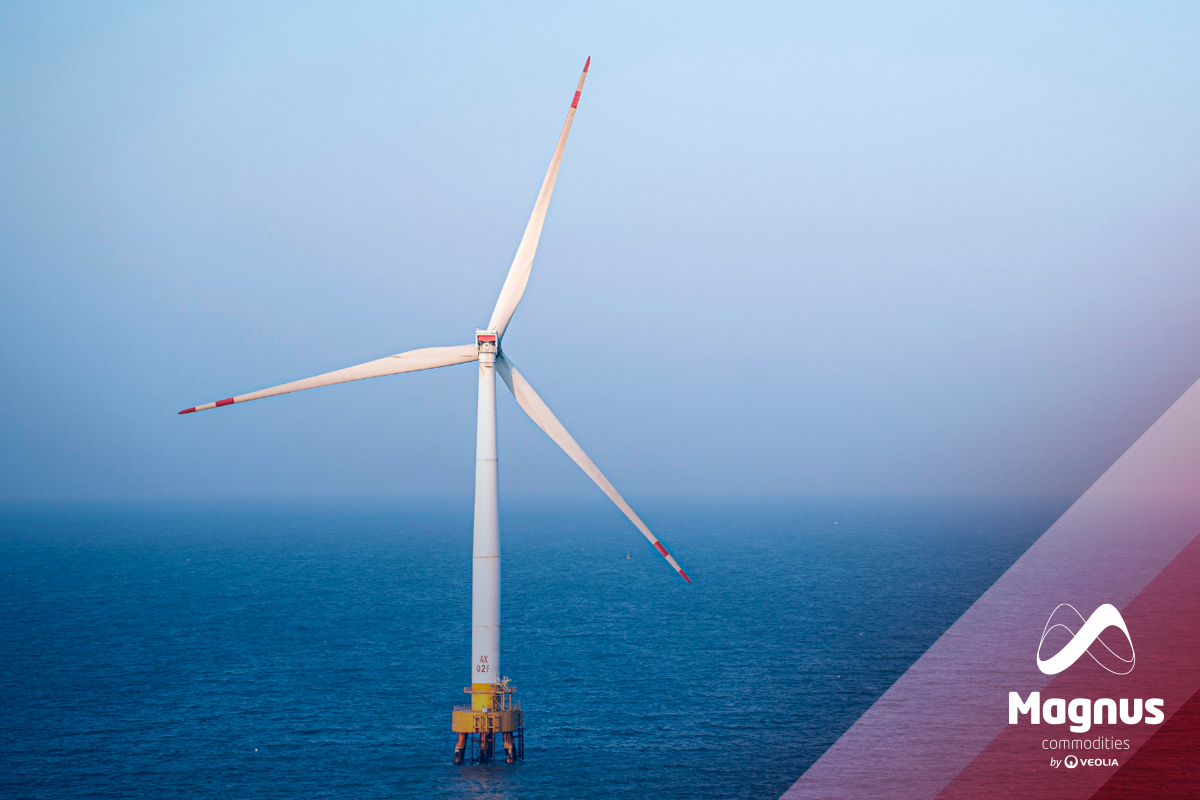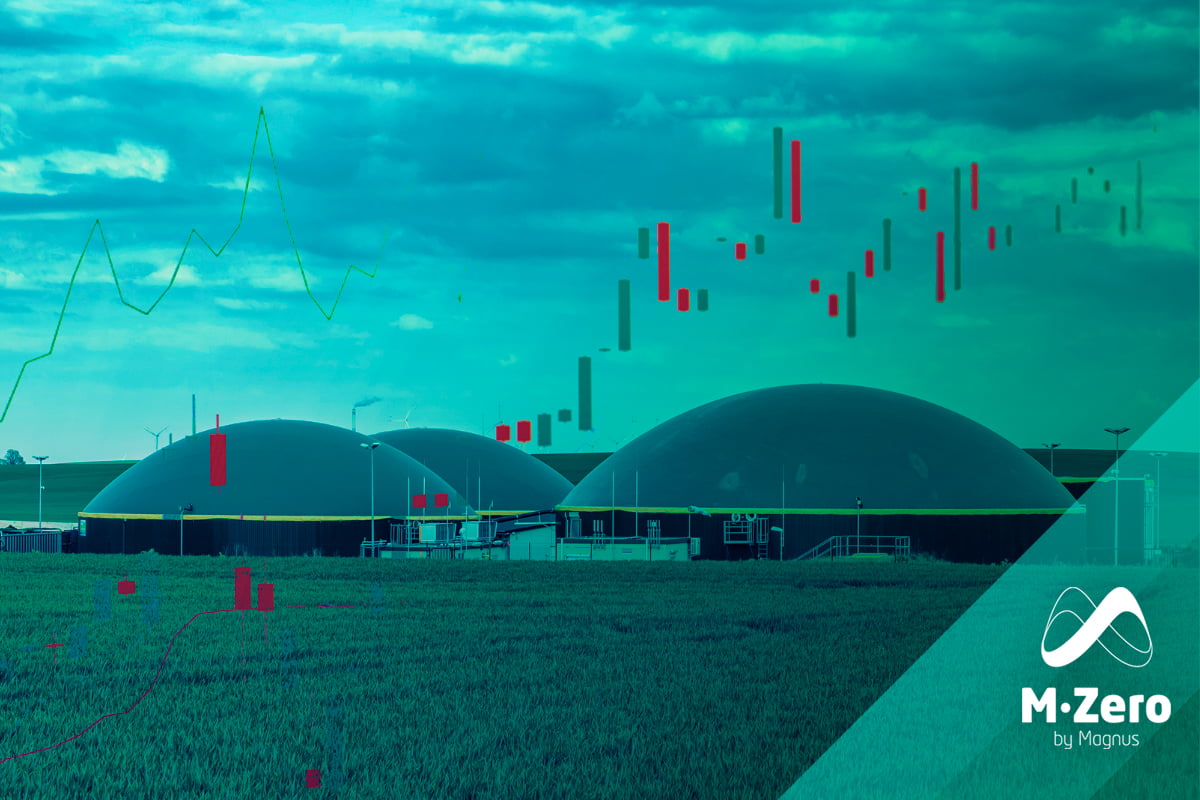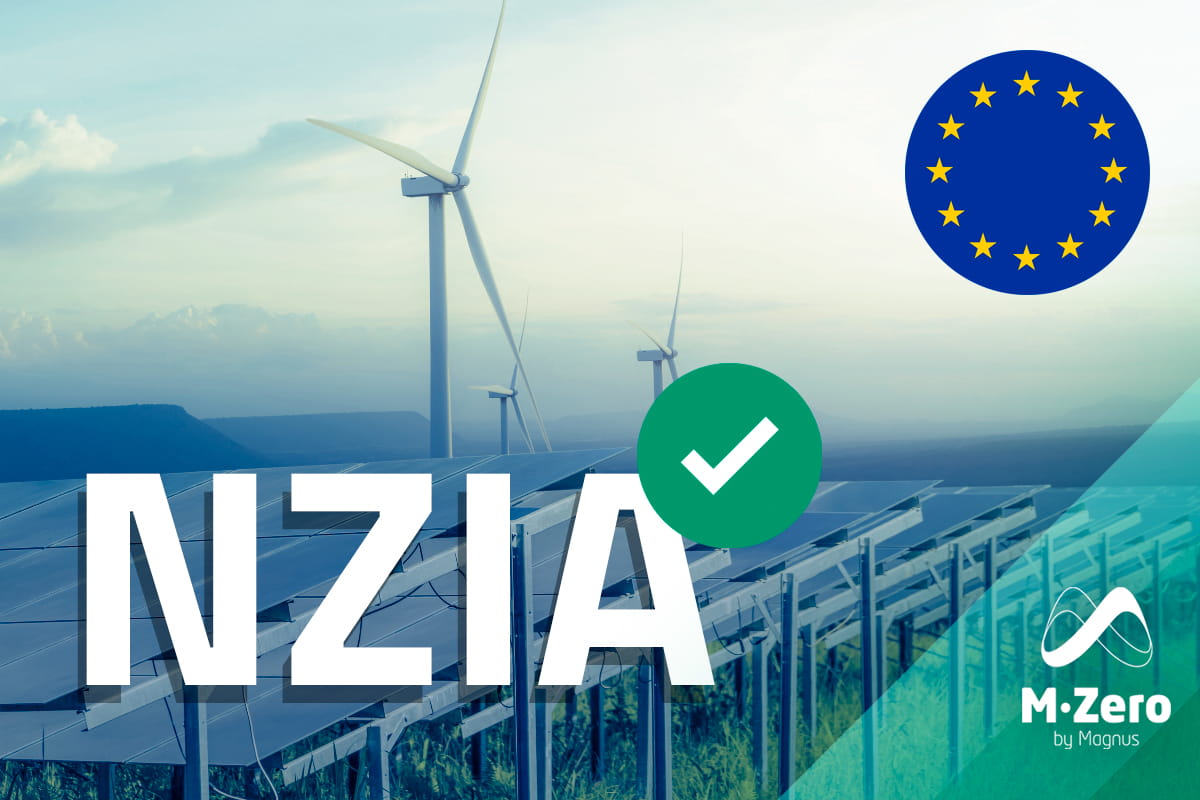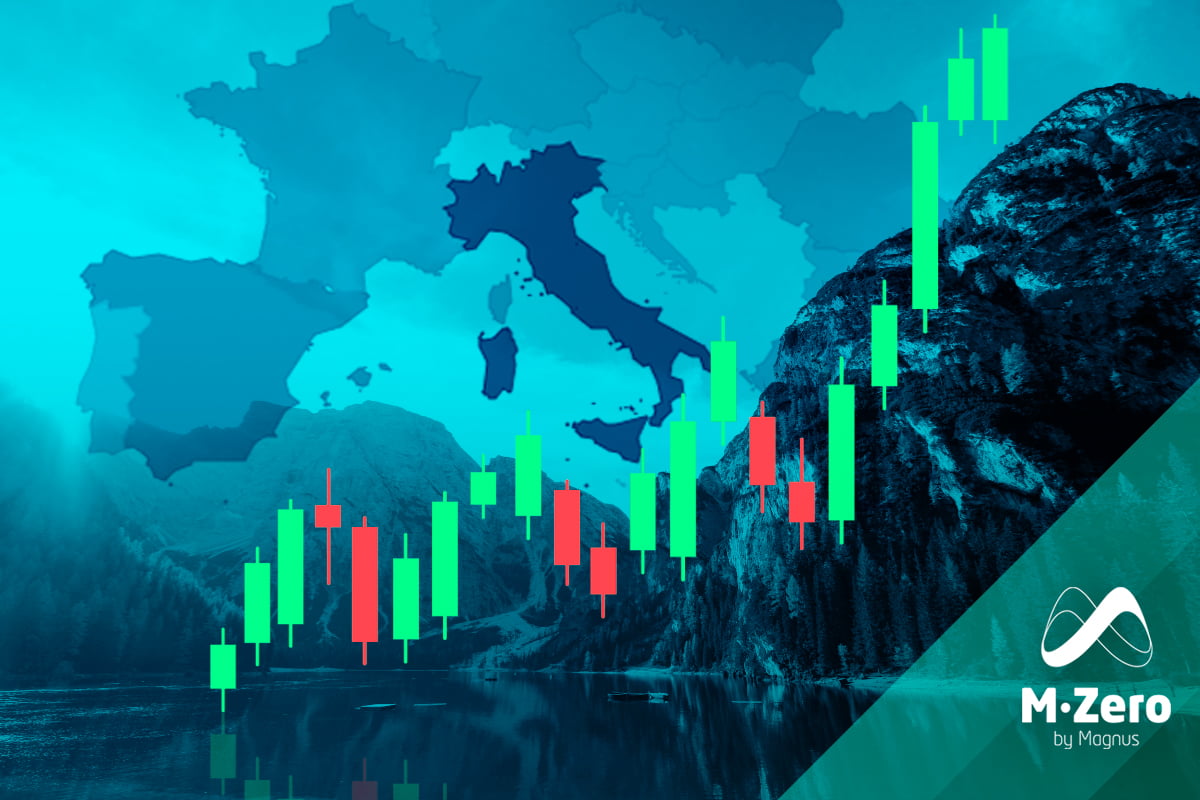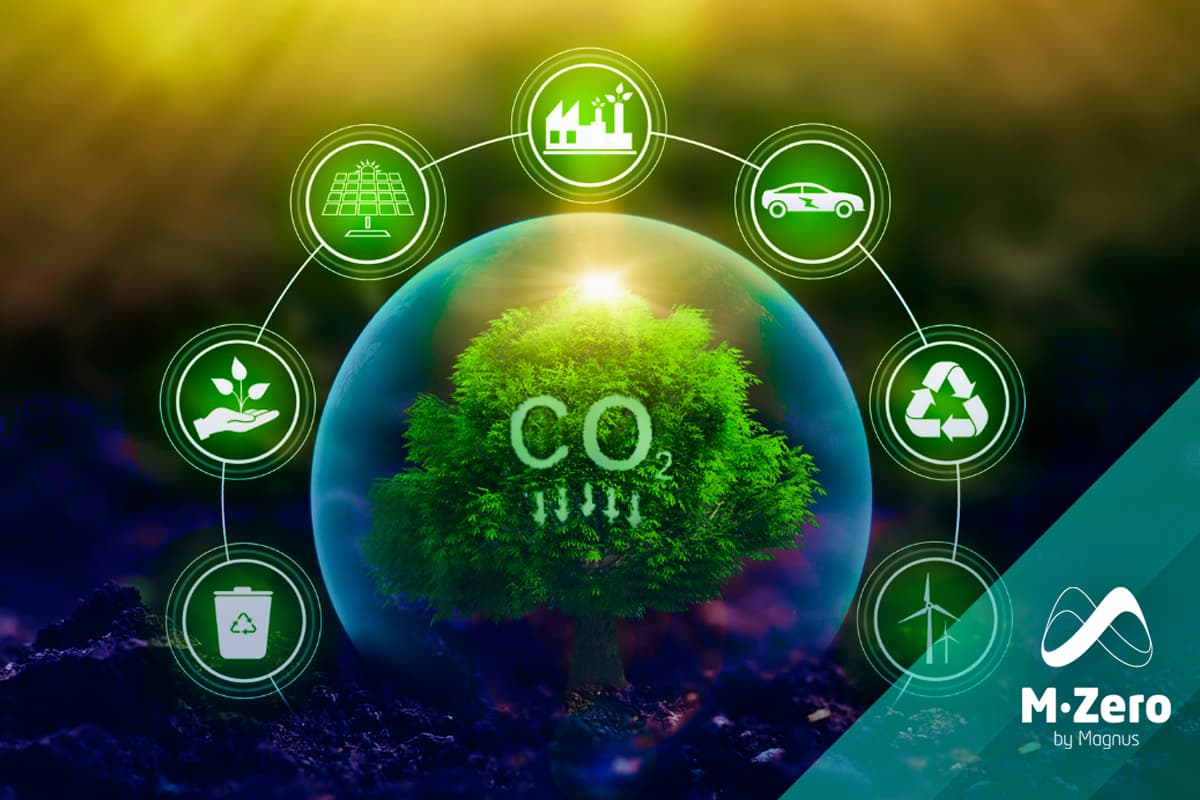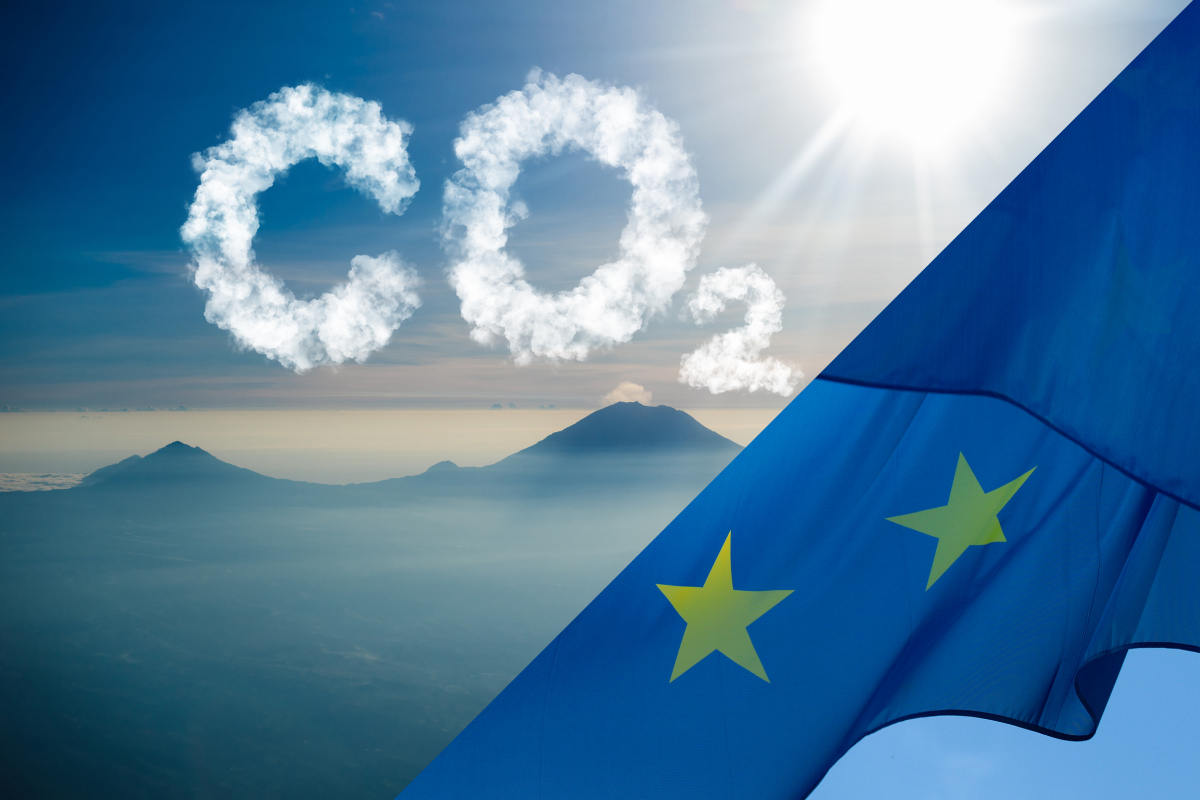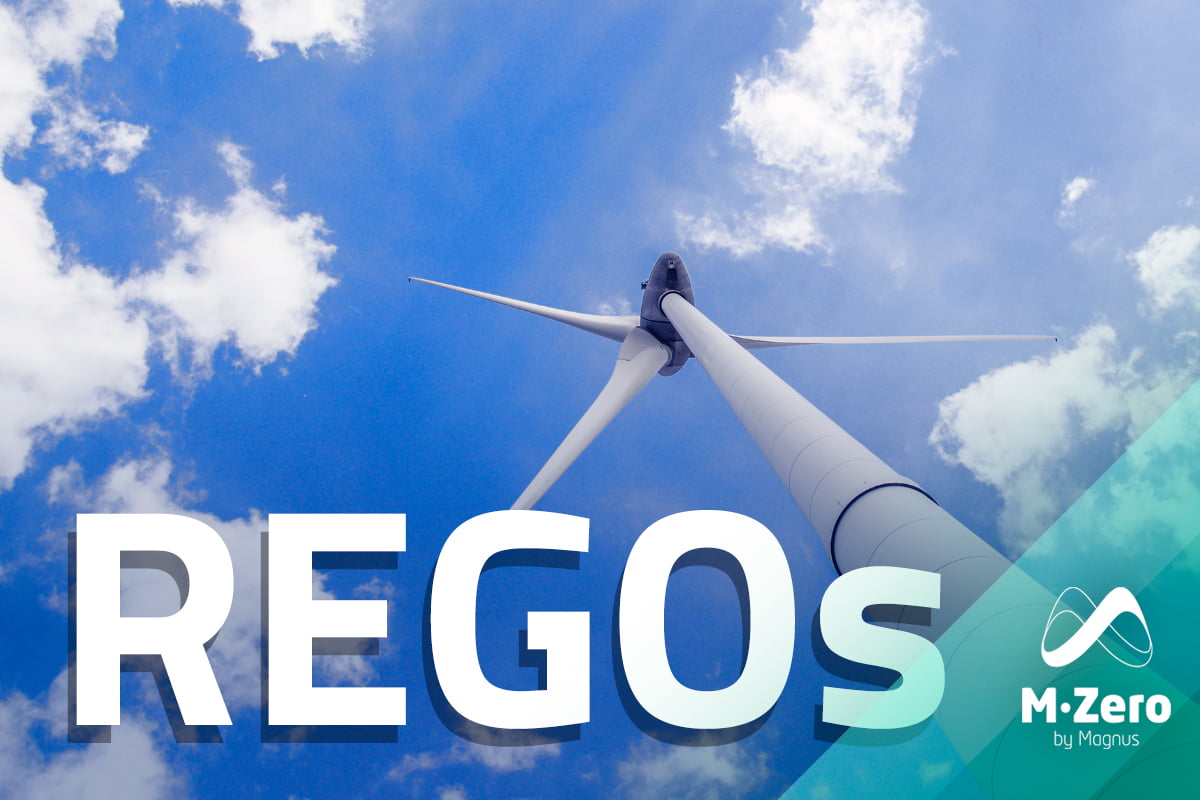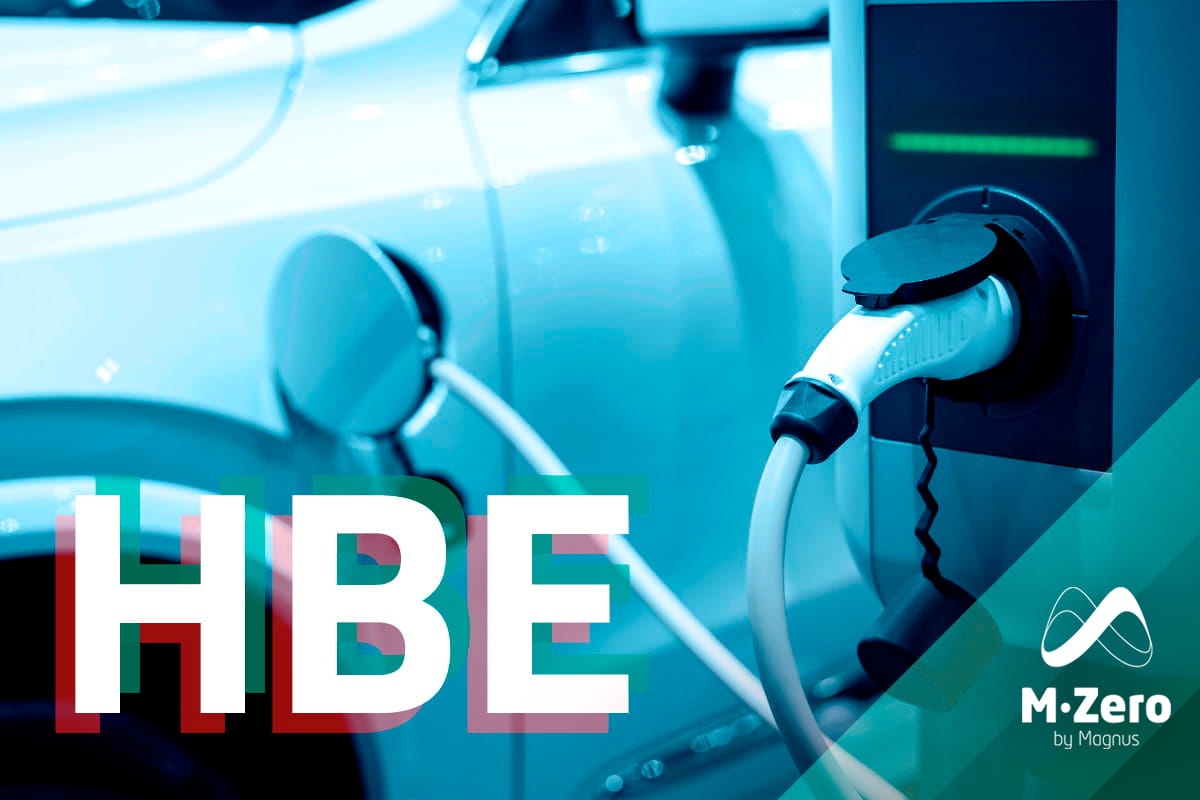
There is significant growth in demand from companies seeking sustainable, indigenous fuel alternatives. Many large energy users want to purchase renewable gas because they recognise the importance of reducing their carbon footprint and moving towards a more sustainable future.
This demand has created the need for a European market for renewable gas certificates. Renewable gas certificates have been administered by registries in several European countries to meet the need to track the environmental value of conventional and renewable gas blends injected into their national gas grids.
What are Guarantees of Origin and Proof of Sustainability (PoS) certificates?
The Proof of Origin (or Proof of Sustainability) is a specific certificate defined in Article 19 of the Revised Renewable Energy Directive (EU) 2018/2001 (RED II Directive). The purpose of a Guarantee of Origin is to disclose the origin of the renewable gas to the final consumer.
For renewable gas deliveries, RED II contains sustainability and greenhouse gas savings criteria, applicable to certain end uses and market sectors. Where these criteria apply, their compliance must be independently verified under specific schemes approved by the European Commission. One type of Proof of Origin certificate confirms the mass balance of renewable gas through the grid, from injection to withdrawal. The Proof of Origin will have Proof of Sustainability documentation inseparably linked to it.
According to the documents covering the developmental aspects provided by Enagás, guarantees of origin are intended to demonstrate to the end consumer the origin of the energy supplied to them, and are not a tool for sustainability traceability. Unlike guarantees of origin, sustainability proofs include an assessment of the sustainability criteria defined by the Directive and are linked to energy through mass balances.
In some cases sustainability proofs are embedded in guarantees of origin. However, for the moment the system being developed is limited to what is required by Article 19 of Royal Decree 376/2022, so sustainability certificates are not included.
With regard to the carbon footprint, in the absence of sustainability certificates, the values that could be defined as a carbon footprint would not be backed by a predefined methodology that is easily verifiable. Therefore, Enagás confirms, this attribute will not be included in this first phase of the GO system. This possibility will be considered in the future, linked to the development of the “greenhouse gas emissions reduction calculator”. As with sustainability certificates, the carbon footprint is an optional attribute in the draft CEN-16325 standard.
Market movements
Last week the AIB – Association Issue Bodies announced a major milestone, where the AIB Gas Scheme Group is formally active with the possibility to transfer Guarantees of Origin for gases through the Hub.
AIB is an initiative of 36 European GO issuing bodies, jointly harmonising their national GO systems for electricity and gas.
Current Gas Scheme members are E-Control, Conexus Baltic Grid AS and Enagás, with 5 Gas Scheme applications in progress and many more in preparation.
Gas/Electricity Scheme members are government mandated and have passed quality controls and EECS conformity assessment.
The AIB scheme fully facilitates guarantees of origin of gaseous energy carriers (including hydrogen) under Article 19 of the Renewable Energy Directive 2018/2001, as well as their effective cross-border transfer. It also provides voluntary data fields in the gas certificate, which can be used for other purposes (sustainability criteria, greenhouse gas emissions data, assessment reports certifying their value, etc.).
This is a cornerstone also for Art. 25-31 of the REDII certification and can be further developed.
If you found it interesting, please share it!
Recent Articles






